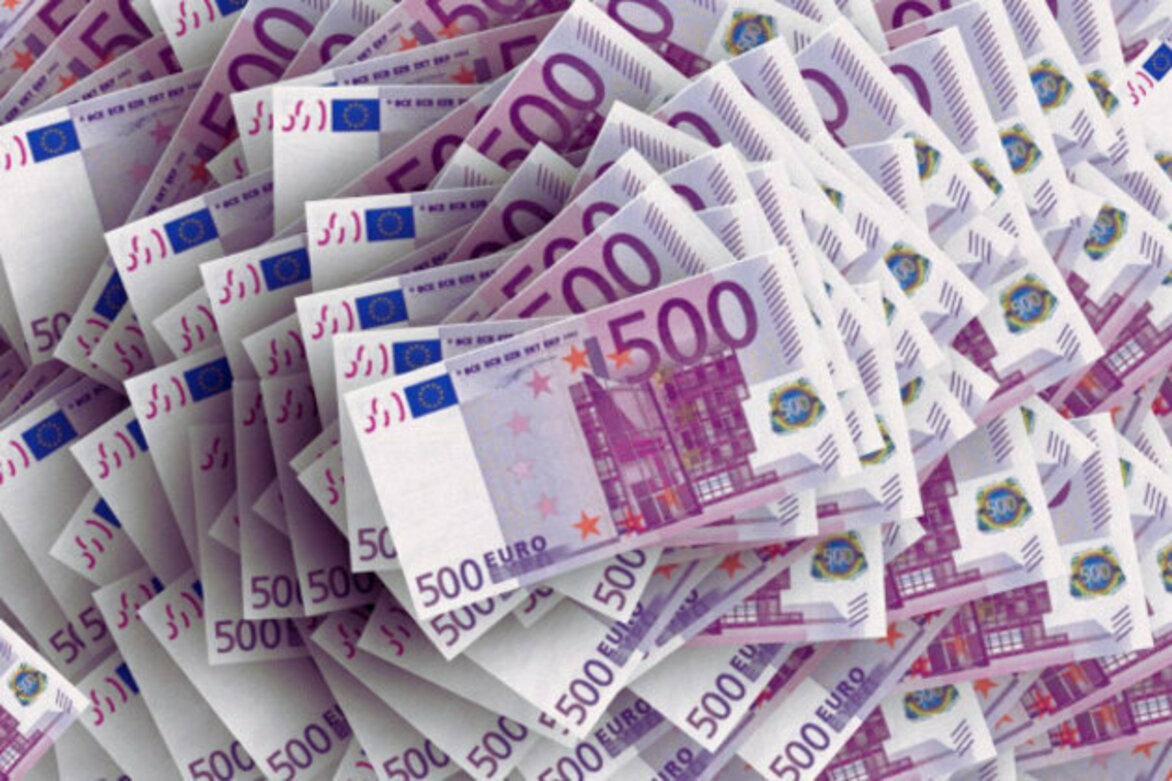Shortage of Euro Banknotes as Bulgarians Rush to Exchange Levs
Novinite.com
12 Jun 2025

The demand for euros in Bulgaria has surged by about 50% compared to the same period last year, financial expert Max Baklayan told the Bulgarian National Radio. This sharp increase, he said, comes in the wake of positive assessments in the convergence reports and is compounded by the seasonal trend of Bulgarians buying euros for travel. As a result, some currency exchange offices are facing shortages of euro banknotes and are struggling to meet the spike in demand.
Baklayan noted that many exchange offices are currently underprepared - both in terms of available cash and capital reserves - to handle the growing interest. Still, he expressed optimism that the market would adjust, expecting a functional and balanced system to be in place within the month.
He urged people not to panic. According to Baklayan, there is no urgency to convert levs into euros at this moment. Bulgarian citizens will continue to be able to pay in levs until the end of 2025, and even after the official adoption of the euro, the Bulgarian National Bank, commercial banks, and exchange offices will continue to provide conversion services. ?Everything is fine,? he assured, adding that there is no need for citizens to rush.
Due to the high demand, euro prices at exchange offices have risen significantly in the past couple of months. Baklayan expects that once the system adapts and euro supply begins to match demand, the exchange rate will stabilize and likely fall again. He advised people to stay calm and wait rather than making hasty financial moves driven by uncertainty.
Addressing broader concerns, Baklayan emphasized that Bulgarians should not fear for their incomes or savings in the context of the country's euro adoption. However, he acknowledged that the long-term effects would depend on how Bulgaria manages its financial policy post-accession.
He warned that entering the eurozone will grant the country easier access to borrowing, which could be a double-edged sword. If new debt is directed toward productive sectors - such as infrastructure, healthcare, education, and technological development - it could significantly boost national growth. But if the funds are mismanaged or spent inefficiently, the country could find itself in a spiral of mounting debt outpacing economic growth, leading to inflation and the need for higher taxes.
This pattern, he pointed out, has already been seen in the majority of eurozone countries. Baklayan also acknowledged the risk of dishonest practices from some merchants who might try to exploit the transition for personal gain, but he believes these cases will remain isolated.
He also touched on the real estate market, advising people to remain cautious and well-informed when considering property transactions in the current environment.
Source:
